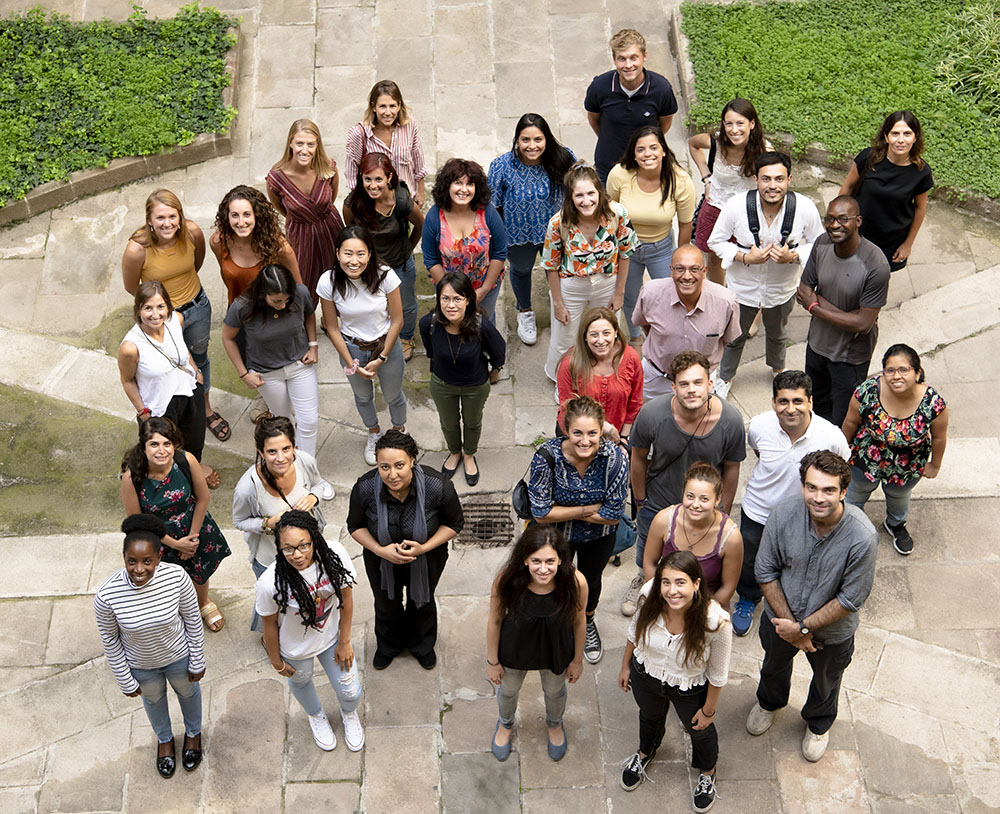HIGHLIGHTS
Making a difference
What are we talking about when we talk about the impact of our work on global health?
In these times of noise and fury in the media and on social networks, it is easy to allow ourselves to believe that we are helping to change reality because our tweet is retweeted dozens of times, because we participate in numerous online round tables, or because we are complimented on a publication. But is this really the case? Measuring the impact of what we do is a complex and uncertain endeavour, particularly if we want to do it honestly.
Too often, the global health education community has used the number of students who attend a course or who pass an exam as an indicator of the teaching activity’s impact. Nothing could be further from reality: a student can be physically present but mentally absent (even more so in the case of online sessions), and passing an exam only reflects the student’s capacity to memorise data and information, not the degree to which he or she has learnt to view the world differently and is therefore willing and able to change it.
Measuring our impact
Two examples illustrate how at ISGlobal we attach importance to evaluating the impact of our training and education activities. In 2019, our Training and Education Department conducted a triennial survey of our ex-alumni to find out where they are, what they are doing and whether what we taught them had an impact on their professional careers and their communities. We also held a workshop in Barcelona for researchers linked to TDR’s Clinical Research and Development Fellowship, with the aim of helping them monitor and assess their training activities, a necessary step if they wish to improve them.
In other words, we pay special attention to defining and applying the most rigorous methods to measure the impact of what we do, and teaching others how to do it. It is not enough to claim that we are influencing our surroundings: we have to demonstrate it. This is the path we want to continue along as a way of ensuring accountability and sustainability.
HIGHLIGHTS
Making a difference
What are we talking about when we talk about the impact of our work on global health?
Photo: Glòria Solsona / ISGlobal.
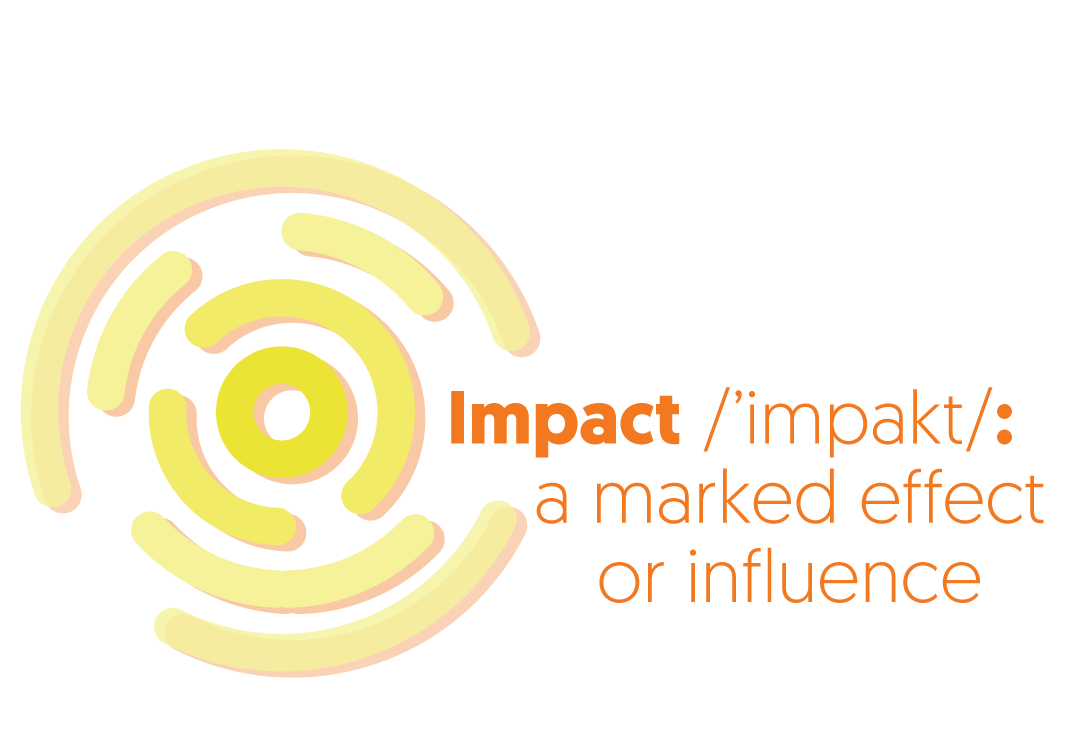
In these times of noise and fury in the media and on social networks, it is easy to allow ourselves to believe that we are helping to change reality because our tweet is retweeted dozens of times, because we participate in numerous online round tables, or because we are complimented on a publication. But is this really the case? Measuring the impact of what we do is a complex and uncertain endeavour, particularly if we want to do it honestly.
Too often, the global health education community has used the number of students who attend a course or who pass an exam as an indicator of the teaching activity’s impact. Nothing could be further from reality: a student can be physically present but mentally absent (even more so in the case of online sessions), and passing an exam only reflects the student’s capacity to memorise data and information, not the degree to which he or she has learnt to view the world differently and is therefore willing and able to change it.
Measuring our impact
Two examples illustrate how at ISGlobal we attach importance to evaluating the impact of our training and education activities. In 2019, our Training and Education Department conducted a triennial survey of our ex-alumni to find out where they are, what they are doing and whether what we taught them had an impact on their professional careers and their communities. We also held a workshop in Barcelona for researchers linked to TDR’s Clinical Research and Development Fellowship, with the aim of helping them monitor and assess their training activities, a necessary step if they wish to improve them.
In other words, we pay special attention to defining and applying the most rigorous methods to measure the impact of what we do, and teaching others how to do it. It is not enough to claim that we are influencing our surroundings: we have to demonstrate it. This is the path we want to continue along as a way of ensuring accountability and sustainability.
